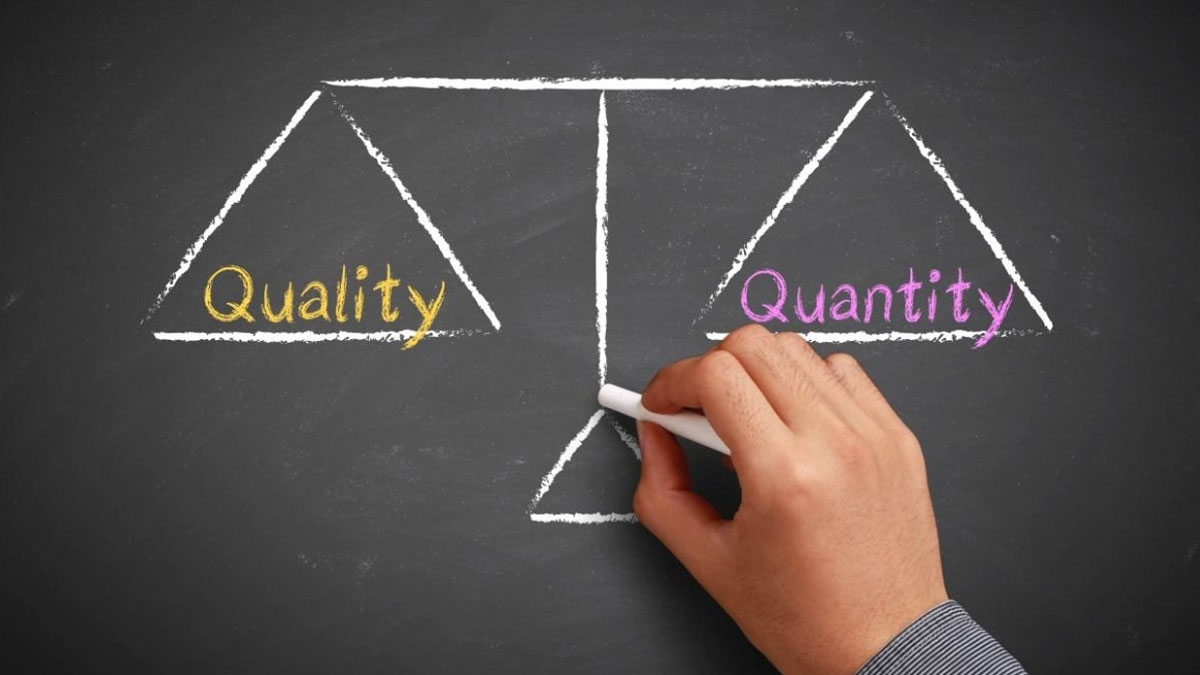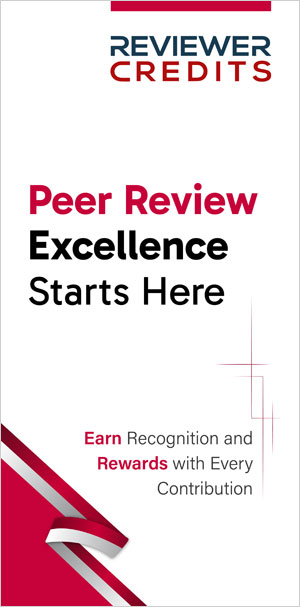Comments
Khalida Nazeee
13 September, 2024Yes of course there should be focus on publishing quality research but it is also require to maintain the consistently publications so quantity also matters but quality should first
Dr. Mridul Madhav Panditrao
13 September, 2024
Read the matter.
An interesting read.
However, this may be valid for energy sector. My area of expertise, Health: Anaesthesiology and Intensive Care, being dynamic and critical, any additional new knowledge, even a tidbit of it, modality, observation and novel phenomena/occurrences reported can be beneficial not only for the novices/ trainees but also for the consultants. In addition, again, health care being individualized area of expertise, one cannot solely depend Upon AI.
I feel in certain areas cutting short on volume may be the need of the hour ( as aptly said, quality over quantity), that. may not be absolutely true for certain fields/specialties.
Dr. G.S. Mukherjee
14 September, 2024
Publication of large number of papers for the sake of publications does not carry much sense. Quality is more important than quantity, however in order to maintain a tempo in the active habit, it requires regular publications at some moderate /optimum rate depending upon the capacity of the individual.
Publication does not mean only the scientific content but also the overall literary merit in terms of language, style of presentation with artistic approach. AI practice may not be be a good practice to encougae creative thinking. AI is rather a routine synthetic approach but researcher's own inbuilt urge and taste is natural which is essential for quality research.





Ramkumar Thandiakkal Balan
12 September, 2024It is not needed..we should restrict the category theoretical, methodology, application , combinatorial discipline etc
By reducing the number other unqualified journal take advantage of it . Quality should be improved by improving citation..